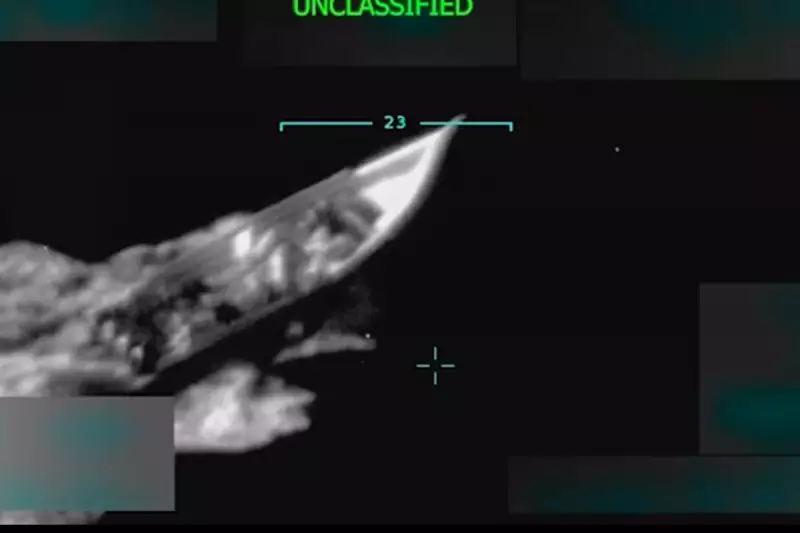
In a move that has baffled commentators and been widely ridiculed online, former US President Donald Trump promoted a bizarre, animated video on his social media platform. The clip depicts a fictional US military operation annihilating a boat labelled with Venezuelan flags and ‘drugs’.
The video, which bears a striking resemblance to a low-budget video game cutscene, shows a military boat and helicopter opening fire on the smaller vessel, causing it to explode in a dramatic fireball. The former president posted the video with the caption ‘Biden’s Gotta Go!’
Fact-Checkers and Critics Pounce
The video was almost immediately debunked and subjected to intense scrutiny. Fact-checkers were quick to point out that the footage was not real and appeared to be satirical in nature, originally created by a radio host. The US military has no known ongoing operations of this kind in Venezuelan waters.
Critics were swift to condemn the post, labelling it as dangerously irresponsible and a blatant attempt to mislead the public. The promotion of such content, they argue, undermines serious foreign policy discussions and could inflame tensions with other nations.
Venezuela's Sharp Response
The Venezuelan government did not take the provocation lightly. Jorge Rodríguez, the president of the country’s National Assembly, issued a fiery response. He accused Trump of being a ‘coward’ and a ‘murderer’ and suggested the video was a pathetic cry for attention from a failing presidential candidate.
Rodríguez’s statement emphasised that Venezuela is a peaceful nation and condemned what he characterised as a threat of military aggression from a foreign leader.
A Pattern of Questionable Judgement
This incident is not an isolated one for the former president. His tenure and post-presidency have been marked by a propensity for sharing sensationalised and often misleading content. This latest episode raises fresh concerns about his understanding of diplomacy and the appropriate use of military imagery for political point-scoring.
As the 2024 election cycle heats up, analysts suggest this type of rhetoric may become more frequent, further blurring the lines between political satire, misinformation, and official policy statements.






